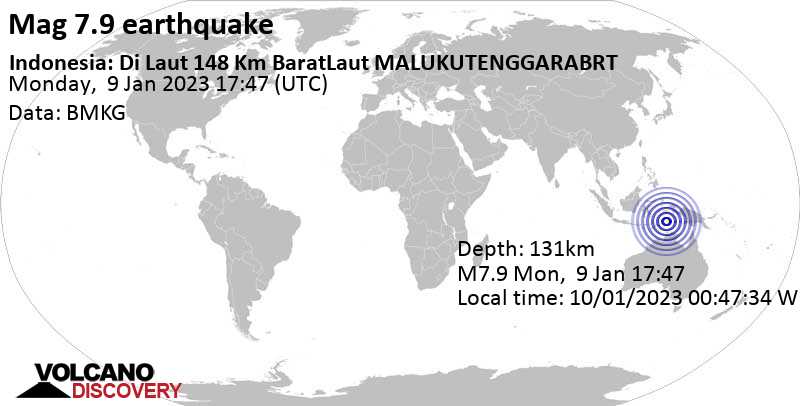JAKARTA – Environmentalists have criticised Indonesia and Malaysia’s pledge to fight “discrimination” against palm oil, saying it puts the countries’ commitment to halting deforestation into question.
Last Monday, Indonesia and Malaysia, the world’s largest palm oil producers, agreed to cooperate to develop the palm oil market and combat what they referred to as discrimination against the commodity. Environmentalists are worried that the agreement will undermine the two countries’ efforts to combat deforestation.
“(Indonesian President Joko Widodo) did not explicitly mention the latest European Union regulation, but we suspect that’s what he meant, as there are similar accusations from other Indonesian officials,” Greenpeace Indonesia global forestry campaign head Kiki Taufik said in a statement last Wednesday.
The EU is seeking to phase out its use of palm oil in fuels by 2030. In December, it passed a law requiring companies to demonstrate that goods imported to the bloc, including palm oil products, have not contributed to deforestation.
Mr Widodo expressed his disapproval of the policy during the Asean-EU Summit in Brussels in December, saying that its inflexible approach would hurt Indonesia’s development.
Mr Kiki said the EU deforestation regulation should not be viewed as discriminatory but rather as an opportunity to advance the global commitment to reducing deforestation through transparency and sustainability.
He said the EU regulation would be a threat only if Indonesia and Malaysia were not committed to stopping deforestation resulting from palm oil development.
“However, the statement ‘fighting discrimination against palm oil’ may indicate that the two countries are still planning to let deforestation happen,” he added.
Mr Kiki said that Indonesia already had its own commitments to halting deforestation, such as the primary forest development moratorium and the forest and land use net sink target by 2030.
Madani Foundation executive director Nadia Hadad pointed out that the EU deforestation regulation did not single out palm oil, as other commodities such as soya would also be affected.
She said that while palm oil was often compared to rapeseed oil and sunflower oil produced by European countries, the farms for these latter crops had not caused deforestation.
“The new European regulation should have been viewed as an opportunity for Indonesia to improve palm oil governance and to fulfil Indonesia’s climate commitments,” Ms Nadia said on Thursday.
Instead of complaining about the supposed discrimination, she said, Indonesia should have demanded a more equal partnership with the EU to help it achieve a sustainable and deforestation-free palm oil industry.




































